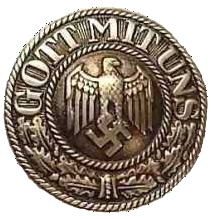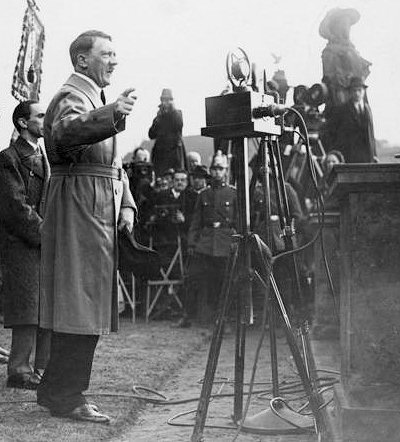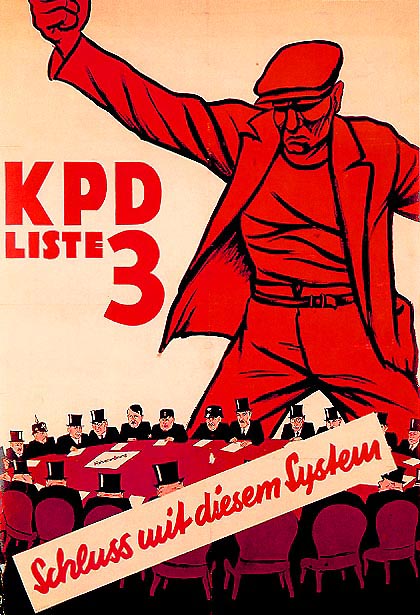Mein Kampf Project Radio
Click here for Streaming Radio info.

Click HERE to listen to our streams.
There are no live programs on these Mein Kampf Project streams.
Click here for Radio Albion.
Commentaries and Podcasts
Newsletter Sign-up
Monthly archive
- February 2024 (1)
- December 2023 (1)
- July 2022 (1)
- April 2022 (1)
- October 2020 (1)
- May 2017 (1)
- March 2017 (1)
- January 2017 (1)
- March 2016 (2)
- July 2015 (3)
- June 2015 (3)
- May 2015 (2)
Pages

What we have to fight for is the necessary security for the existence and increase of our race and people, the subsistence of its children and the maintenance of our racial stock unmixed, the freedom and independence of the Fatherland; so that our people may be enabled to fulfil the mission assigned to it by the Creator.
User login
If a comrade of ours opens a Jewish newspaper in the morning and does not find himself vilified there, then he has spent yesterday to no account. For if he had achieved something he would be persecuted, slandered, derided and abused. Those who effectively combat this mortal enemy of our people, who is at the same time the enemy of all Aryan peoples and all culture, can only expect to arouse opposition on the part of this race and become the object of its slanderous attacks. - Mein Kampf, p. 200
|
|
Donate with Bitcoin:
|
Donate with Monero XMR:
|














